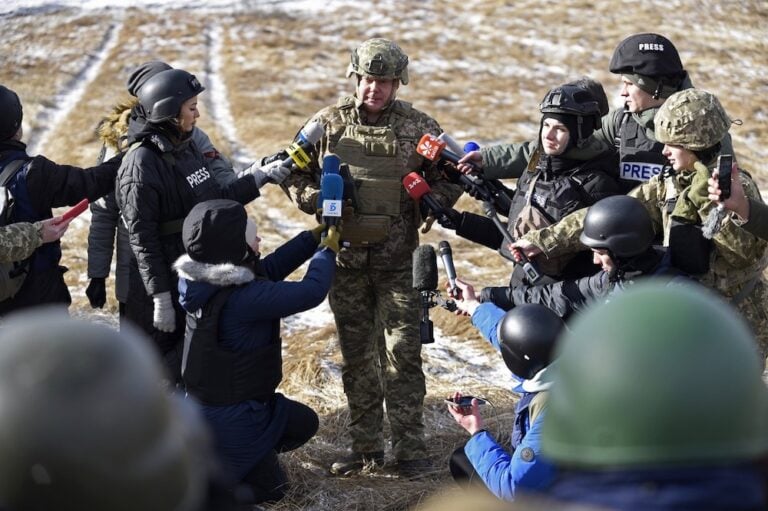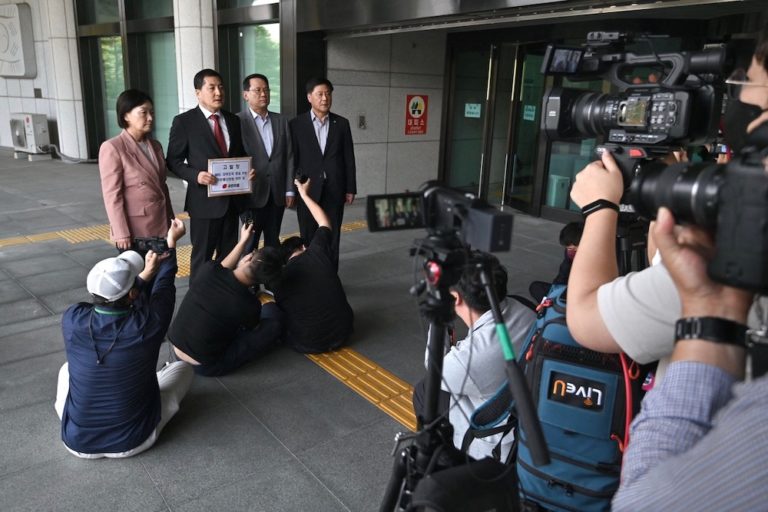South Korean journalist and political commentator Woo Jong-chang was sentenced on charges of defamation to eight-months imprisonment for refusing to disclose the identity of a source he quoted in a YouTube video.
This statement was originally published on rsf.org on 18 August 2020.
Reporter Without Borders (RSF) calls for the release of South Korean journalist and political commentator Woo Jong-chang, who was recently handed an eight-month prison term on defamation charges for refusing to disclose the identity of a source.
South Korean journalist and political commentator affiliated to the opposition camp, Woo Jong-chang, was sentenced on charges of defamation on 17th July to eight-months imprisonment by the Seoul Northern District Criminal Court, and is currently in detention for refusing to disclose the identity of a source he quoted in a YouTube video who implied the former president Park Geun-hye’s impeachment in 2017 was the result of a conspiracy. South Korea is a parliamentary democracy that broadly respects freedoms, but still considers defamation to be a crime punishable by up to seven years in prison under an archaic law.
“Journalists, no matter how controversial, should be able to protect their sources without fear of judicial repercussion in any instance,” says Cédric Alviani, Reporters Without Borders (RSF) East Asia bureau head, who calls on authorities to “immediately release Woo Jong-chang, decriminalise defamation, and eradicate judicial harassment of journalists.”
The plaintiff, a former minister of Justice who served as a senior presidential secretary at the time of the alleged conspiracy, recently posted a message on his Twitter account threatening the same prosecution on any journalist willing to continue the research that Woo Jong-chang began.
The case of Woo Jong-chang echoes a similar trial in 2018, which saw four journalists working for conservative media outlet Media Watch being handed heavy sentences for defamation ranging up to two years imprisonment. The defendants published a report accusing a newspaper of fabricating evidence that was used against the former president during her impeachment trial in December 2016, following which she was later sentenced to 25-years imprisonment.
South Korea currently ranks 42nd out of 180 countries in RSF’s World Press Freedom Index.



